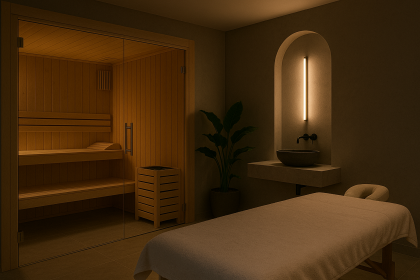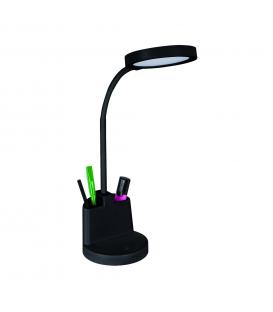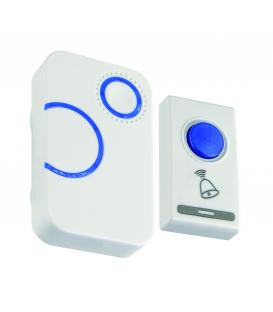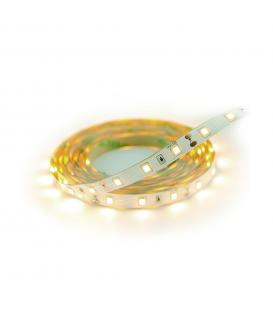Wellness lighting

Lighting plays a significant role in promoting wellness and enhancing our overall well-being. Beyond its functional purpose of providing illumination, lighting has a profound impact on our mood, circadian rhythms, sleep patterns, and overall health. As we delve into the realm of lighting for wellness, it's important to consider both natural and artificial light sources, as well as their various effects on our physical and mental states.
Natural Light and Circadian Rhythms:
Natural light, particularly sunlight, is a crucial factor in regulating our circadian rhythms. Our bodies have evolved to be synchronized with the natural day-night cycle, which influences our sleep-wake patterns, hormone release, and overall physiological functions. Exposure to natural light, especially in the morning, helps reset our internal clocks and improve alertness during the day.
Artificial Lighting and Wellness:
Artificial lighting plays a vital role in environments where natural light is limited, such as indoor spaces, workplaces, and urban settings. Properly designed artificial lighting can mimic the qualities of natural light and contribute to our well-being in several ways:
- Color Temperature: The color temperature of light is measured in Kelvin (K) and determines whether the light appears warm or cool. Cooler light (higher Kelvin values) mimics daylight and can boost alertness and productivity during the day. Warmer light (lower Kelvin values) is more relaxing and can be beneficial in the evening, promoting a calm atmosphere conducive to winding down and sleep.
- Light Intensity: The intensity of light, measured in lux, influences our mood and energy levels. Brighter light can increase alertness and focus, while dimmer lighting can create a cozy and soothing environment. Balancing light intensity based on the activity and time of day is important for maintaining a healthy circadian rhythm.
- Dynamic Lighting: Dynamic lighting systems can adjust color temperature and intensity throughout the day to mimic natural lighting changes. This helps regulate circadian rhythms, improve mood, and enhance overall comfort in indoor environments.
- Blue Light Consideration: Blue light, which is abundant in daylight and many artificial light sources, can have both positive and negative effects. It boosts alertness and cognitive function during the day but, in the evening, excessive blue light exposure from screens and bright lights can suppress melatonin production and disrupt sleep. Using warm or low-blue lighting in the evening can mitigate this effect.
- Biophilic Design: This design approach integrates natural elements, including lighting, into indoor spaces to improve well-being. Incorporating elements like natural materials, plants, and sunlight-like lighting can reduce stress, enhance creativity, and increase overall satisfaction in built environments.
- Lighting for Specific Activities: Tailoring lighting to specific tasks is crucial for both comfort and efficiency. For instance, using task lighting in workspaces reduces eye strain, while using softer lighting in relaxation areas encourages stress reduction.
- Lighting and Mental Health: Studies suggest that exposure to natural light and properly designed artificial lighting can have positive effects on mental health. It can help reduce symptoms of depression, anxiety, and seasonal affective disorder (SAD).
Incorporating lighting strategies for wellness involves a holistic approach that considers the quality of light, its timing, and its impact on our daily routines. As technology advances, smart lighting systems are emerging to create dynamic, customizable environments that adapt to our needs, promoting better sleep, increased productivity, and improved overall quality of life. Whether it's designing spaces with ample access to natural light or employing well-designed artificial lighting solutions, prioritizing lighting for wellness is a step towards a healthier and happier lifestyle.






